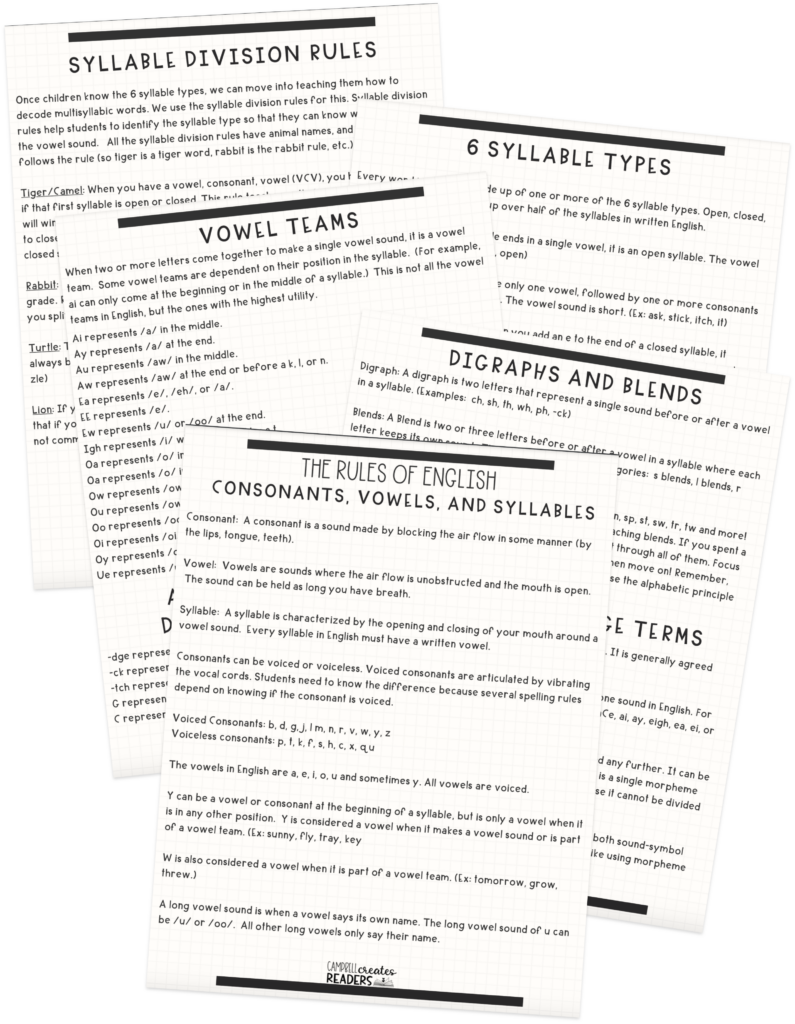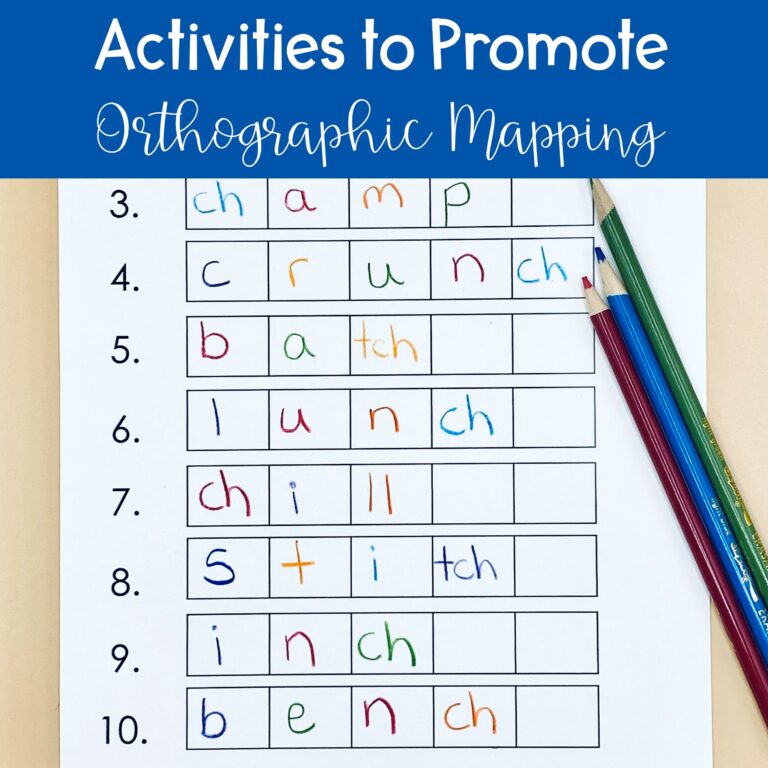
Share This:
In general, I don’t play games every day with my students. There is one huge exception to that rule, though: kindergarten. In my kindergarten groups with students who are still learning their letters, I play alphabet games almost daily.
The reason why is two-fold. For starters, kindergarteners are still learning to adjust to school and need to shift between tasks often. Secondly, it takes HUNDREDS of exposures to letters before they become automatic for some of our students. We don’t know if they are seeing a letter for the first time or the hundredth time when they come to us! When it comes to learning letters, it is truly a matter of practice, practice, practice.
So today, I’m sharing my favorite alphabet games with you for teaching letters. Almost all of these can be used for both letter names and letter sounds.
Without a doubt, the top-requested game is “the shark game*.” Basically, children flip over a card. The card shows an uppercase letter, and they must find the lowercase match on the board. You can either use the lowercase letter or flip the tokens over and have them identify the sound. If students find a “shark,” they must feed one of their tokens to the shark. I’ve had this game for years, and kids are ALWAYS asking for it. I’ve even started playing it with my 3 year old.
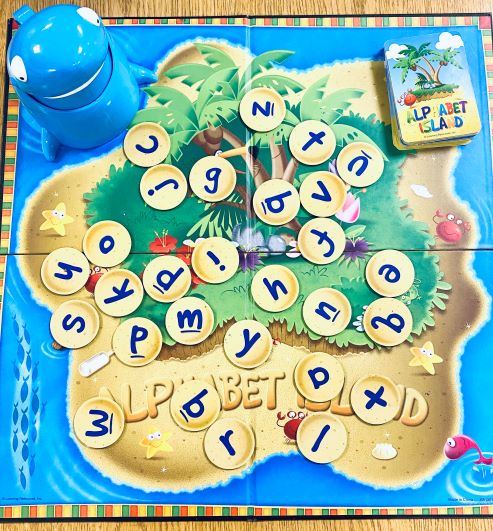
All the letters have an image on the back, and you can use those instead of having students search for the lowercase letter. I choose not to use the images. One of them is an orange for o, so I stay clear of the images. Other than that, I promise the game is great!
I really wanted an alphabet game that reinforced both specific letter knowledge and beginning phoneme isolation. So, I made it. For $4.50, you can get 5 different games that practice both. Students flip over a card and look at a picture. They move to the next space on the board that matches the beginning sound of the word. (The only exception is x. Those cards are marked with * to indicate you need to listen for the ending sound. No xylophones over here.)
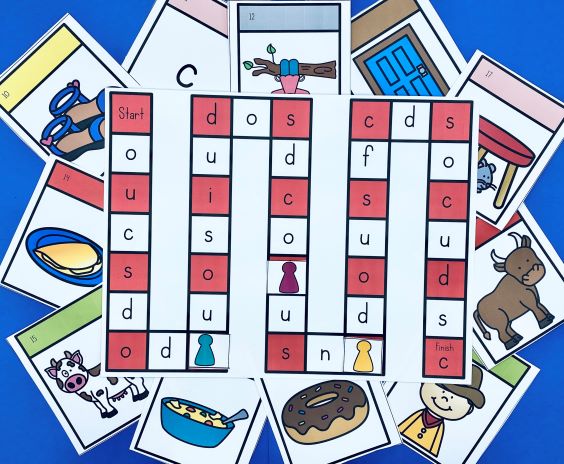
The games include:
I threw away my Sight Word Pop games a while ago. They just no longer supported the way I instructed students. The Pop for Letters game, however, is a different story. I love this alphabet game because there’s no setup and it’s such great practice. You can play it for a minute, 5 minutes, or however long you have. It’s a meaningful time-filler when the day’s lesson is complete.
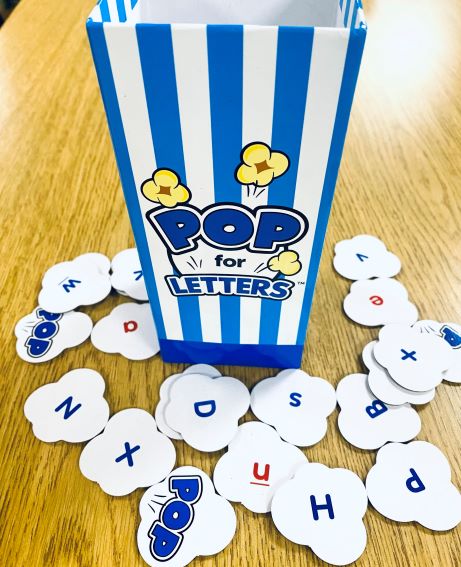
Students pull a piece of popcorn out of the box. They look at the letter and say either its name or sound (you choose). If they get a piece that says “pop” then they lose all their pieces. So simple and SO FUN.
Another go-to alphabet game is alphabet bingo. This one is perfect because it can easily be played with the whole class or in a small group. Each student gets a game board and bingo chips. I play until someone fills up their entire board (there’s only 8 squares on each board). All students are participating at all times during this, and THAT is a huge win.
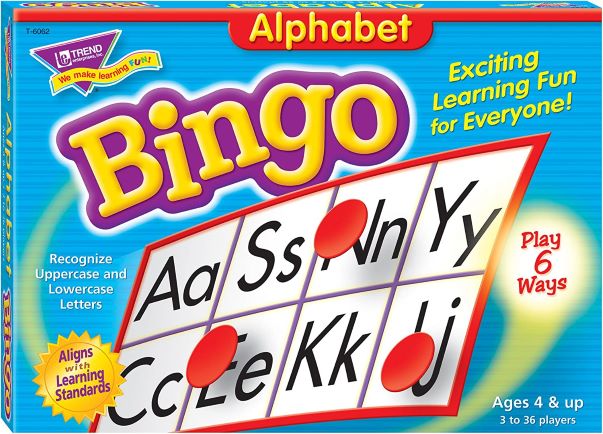
In small group, it takes less than 5 minutes to play, so I bring it out on days we’ve finished our lesson and have a little time left!
This alphabet game is fun, but you really have to know your kids. If you think your kids are going to be slap-happy, choose one of the other games I mentioned. For this game, students take turns flipping cards over, one at a time. When they flip over a card, they must say the name or the sound of the letter. When a slap jack is revealed, the first person to slap the card gets the deck.
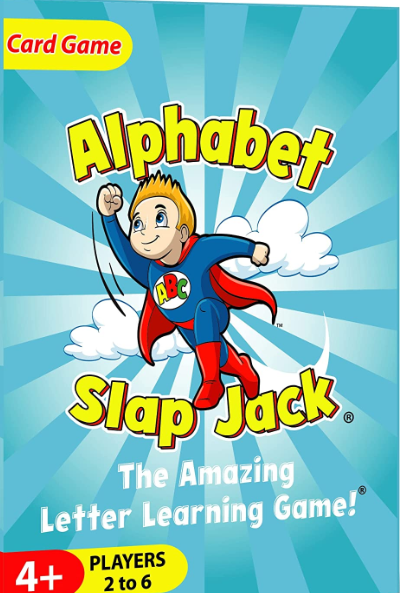
To manage the chaos, I am the one who flips over each card. The students still take turns saying the sounds, but this way I can avoid peekers who are just trying to see what the next card i!
I use all of these games regularly, and I’m always on the lookout for more alphabet games. When you find yourself feeling frustrated because kids just aren’t getting their letters, remind yourself that it takes hundreds of exposures, and they might not be there yet! Which of these games are you going to try? Are there any you think should be on the list?
*As an Amazon affiliate, I may earn a small commission for purchases made through my links, at no additional cost to you.
Share This:

Savannah Campbell is a K-5 reading specialist. She has taught her entire 12-year teaching career at the school she went to as a child. She holds two master’s degrees in education from the College of William and Mary. Savannah is both Orton-Gillingham and LETRS trained. Her greatest hope in life is to allow all children to live the life they want by helping them to become literate individuals.

Savannah Campbell is a K-5 reading specialist. She has taught her entire 12-year teaching career at the school she went to as a child. She holds two master’s degrees in education from the College of William and Mary. Savannah is both Orton-Gillingham and LETRS trained. Her greatest hope in life is to allow all children to live the life they want by helping them to become literate individuals.
Feeling overwhelmed with all the terminology out there? Want to know the key terms all teachers need to teach phonics? In this FREE Rules of English cheat sheet, you get a 5 page pdf that takes you through the most important terms for understanding English—you’ll learn about digraphs, blends, syllable types, syllable divisions, and move. Grab today and take the stress out of your phonics prep!
